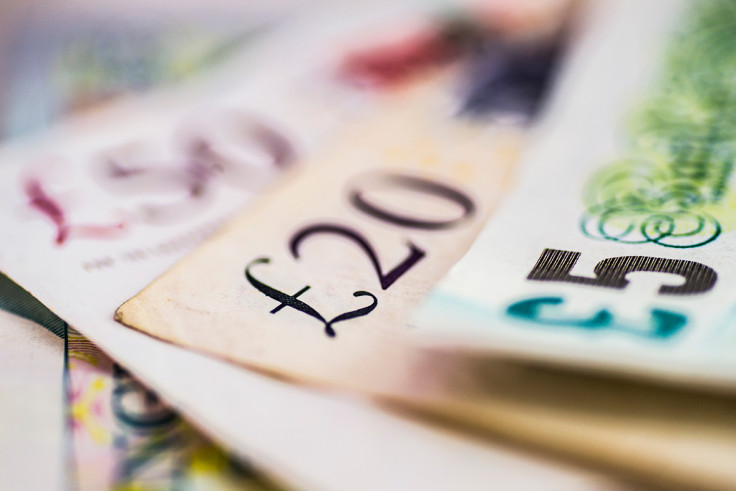FX Focus: Pound is worst-performing currency of 2016 after second weekly decline
Pound heads for second week of decline as it falls below $1.30 level for first time since July.

The pound was heading for a second consecutive week of decline on Friday (12 August), leaving it poised to reclaim the unenviable mantle of worst-performing currency this year.
Sterling had rallied from its post-Brexit low but the Bank of England's decision to restart its bond purchases earlier this week sank the British currency, dragging it below the $1.30 level for the first time since July.
As of mid-afternoon on Friday, the pound was broadly flat against both the dollar and the euro, exchanging at $1.2963 and €1.1626 respectively.
"While other central banks have been under-delivering on expectations for accommodation, the BOE hasn't had the benefit of this luxury, forced to move in the opposite direction, exceeding stimulus expectations," said Joel Kruger, FX Strategist at LMAX Exchange.
"This reflects the severity of the risk associated with this major event and likelihood the UK currency still isn't ready to find a bottom just yet."
Sterling's cause was not helped by data released by the Office for National Statistics, which showed Britain's construction sector contracted in June.
Output in the construction sector declined 0.9% month-on-month in June, compared with analysts' expectations for a 1% drop and an unpwardly revised 2% fall recorded in May.
Elsewhere, the dollar slumped after official data showed retail sales declined for the first time in three months in July. The greenback was down 0.72% against the yen to ¥101.23 and was 0.68% lower against the euro to 0.8916 euro cents.
"The retail index data was not supportive of the argument that the Federal Reserve can still go ahead with a rate hike in September and beat the drums of strong labour market," said Naeem Aslam, chief market analyst at Think Markets.
© Copyright IBTimes 2025. All rights reserved.




















